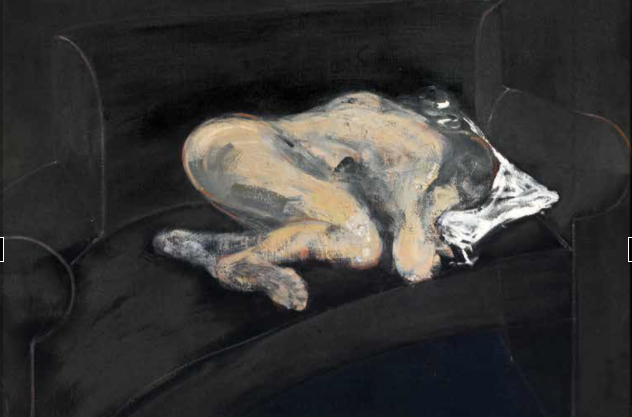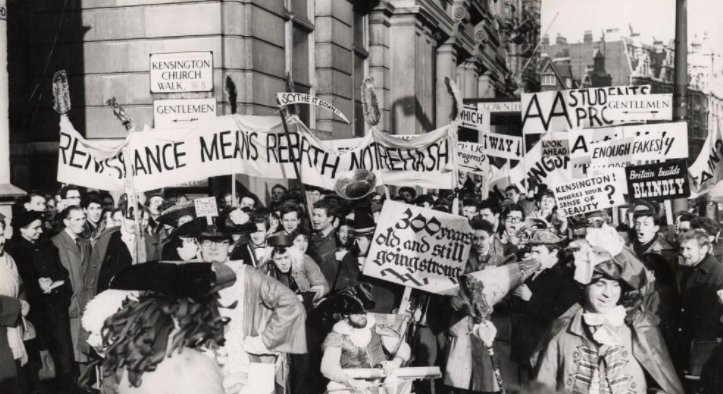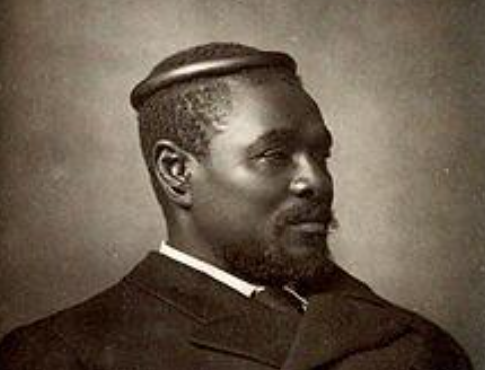Cambridge Dictionary new words include ‘skibidi’ and ‘tradwife’

Skibidi and tradwife are among the Cambridge Dictionary new words added this year, reflecting how internet culture and everyday speech keep reshaping the English language. More than 6,000 entries are being introduced, ranging from slang to terms linked with technology and remote working.
Skibidi began as a nonsense word in a viral YouTube animated series, but has come to mean anything from “cool” to “bad”, or simply a throwaway joke. The dictionary defines it as a word with flexible meaning, often used playfully – as in “What the skibidi are you doing?”. Even Kim Kardashian showed her familiarity with the phrase when she posted a video of a necklace engraved with “skibidi toilet,” a nod to the series.
UK News — Latest from EyeOnLondon
Keep up to date with the latest UK headlines and analysis.
Tributes paid to actor Terence Stamp
The British screen legend is remembered for his unforgettable roles in cinema and theatre.
Read the storyMore UK News
Horse racing threatens strike over tax rise
Industry figures warn of disruption as new levy on sports betting sparks backlash.
Read the storyMore UK News
UK weather warning: 600-mile band of rain
Forecasters issue alerts as heavy rainfall is set to sweep across the country.
Read the storyMore UK News
Tradwife, short for “traditional wife”, is another new addition. It refers to a married woman who takes on the role of homemaker, often sharing her lifestyle on social media. The rise of this term highlights the way cultural conversations about family and identity filter quickly into common usage.
Other entries include “delulu”, a playful shorthand for “delusional”, and “mouse jiggler”, software or a device that makes it look as though someone is working remotely when they are not. Composite words have also appeared, such as “broligarchy”, blending “bro” with “oligarchy” to describe a small circle of wealthy, male tech leaders with political influence.
Colin McIntosh, lexical programme manager at Cambridge University Press & Assessment, said the speed of change in internet language was striking: “Internet culture is changing the English language and the effect is fascinating to observe and capture in the dictionary.”
The Cambridge Dictionary team publishes its full list of updates online, offering examples of how new terms are used in context (Cambridge Dictionary). For those interested in the wider study of language, academic researchers continue to track shifts in English usage through projects like UCL Linguistics.
For more features exploring language, culture, and history, follow EyeOnLondon for insightful coverage you can trust.
Follow us on:
Subscribe to our YouTube channel for the latest videos and updates!
We value your thoughts! Share your feedback and help us make EyeOnLondon even better!









